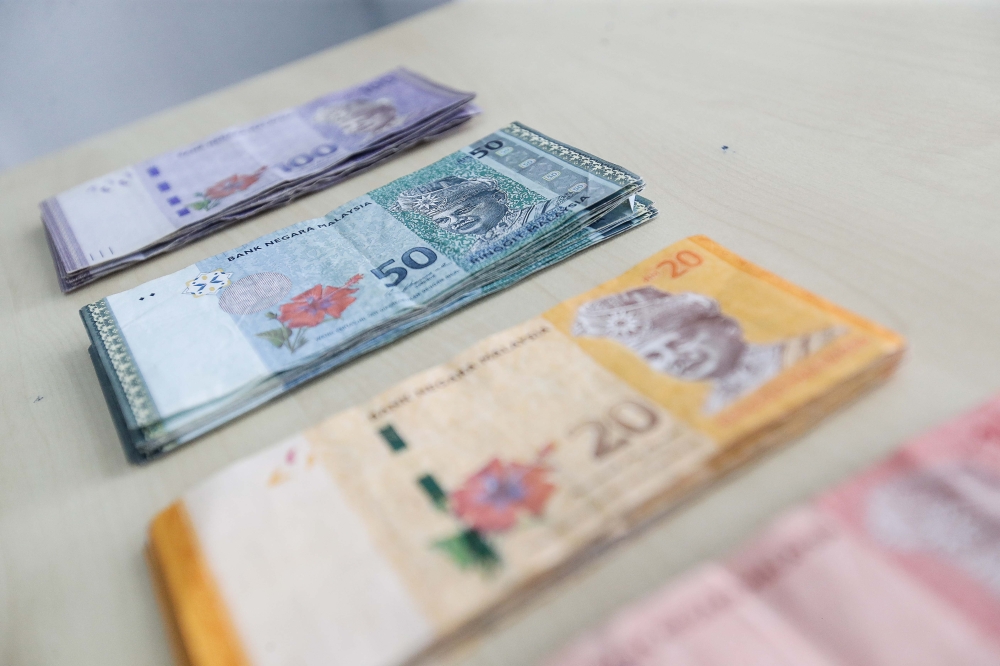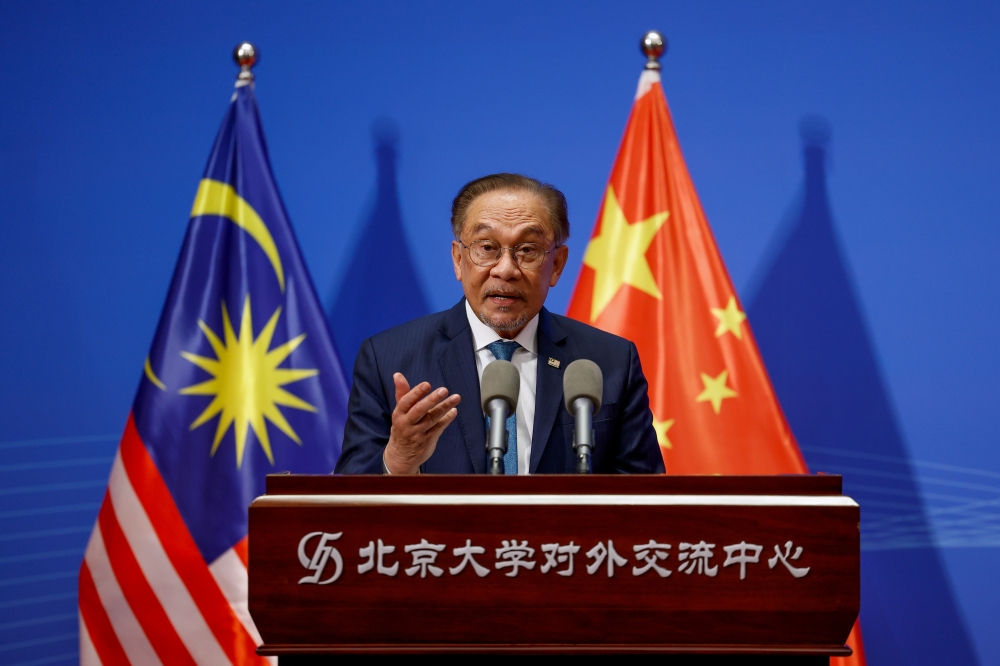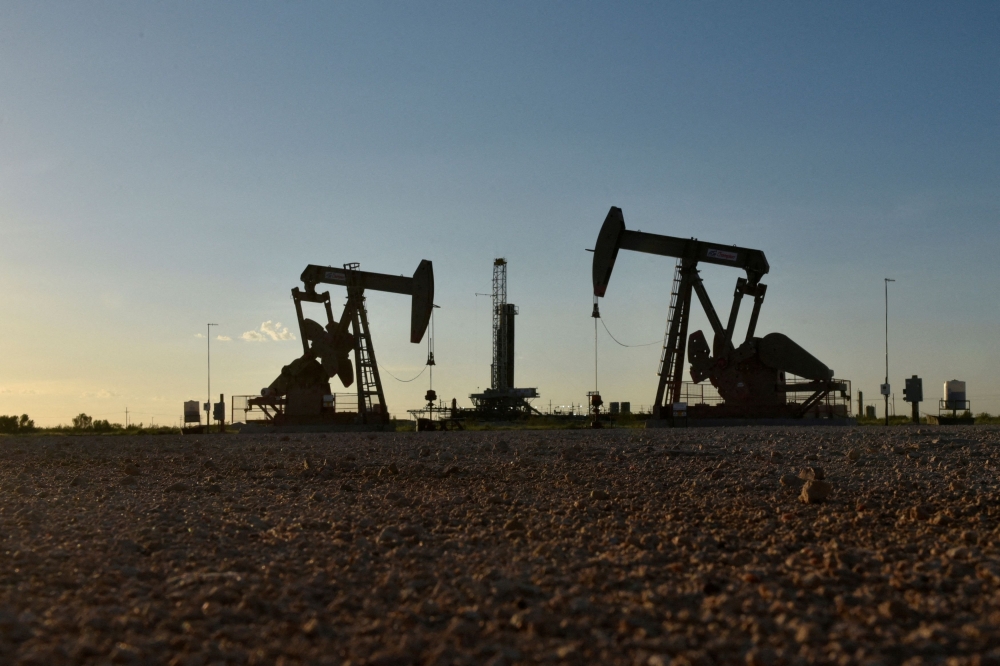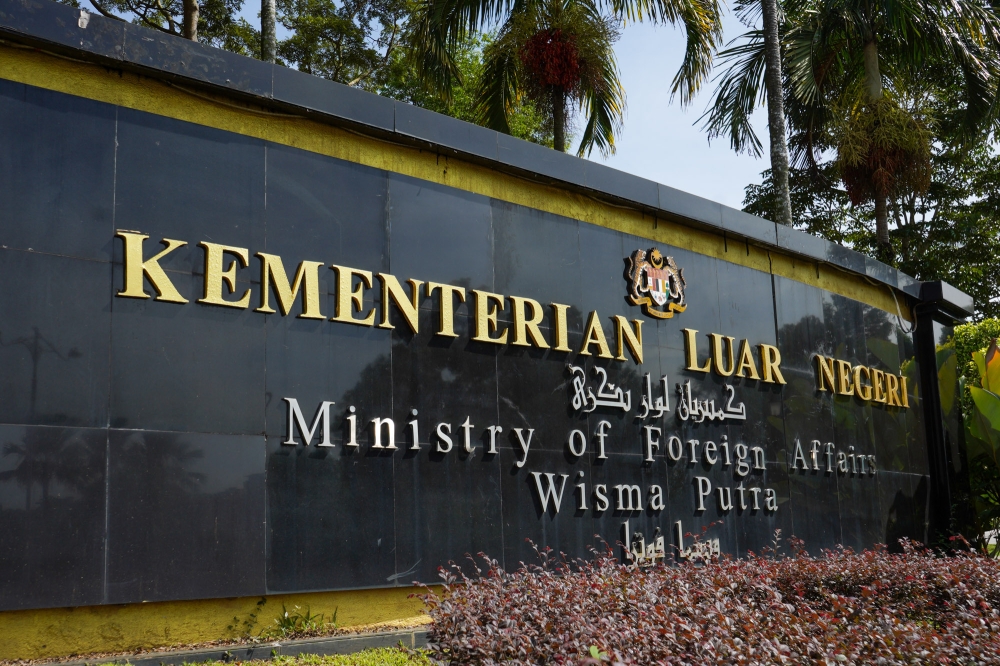HONG KONG, June 15 ― The euro jumped after the ECB's governing council said it would hold an emergency meeting today to discuss the recent sell-off in government bond markets, briefly distracting traders ahead of a much-watched Fed meeting.
The European common currency rose as much as 0.55 per cent against the dollar to US$1.0475 (RM4.64), following the announcement of the meeting, which comes after the spread between the yields of Germany and more indebted southern nations, particularly Italy, soared to its highest in over two years.
“My hunch is that this is to do with the blowout that we've seen in European peripheral spreads this week, which the ECB talked about following the council meeting last week without giving any commitment,” said Ray Attrill head of FX strategy at NAB.
“This has been something of a weight on the euro this week, but I guess the Fed could easily blow away whatever support the euro draws.
The Federal Reserve policy meeting is due to conclude later today, and markets are pricing in an outsized 75 basis point interest rate hike as policymakers try to rein in rampant inflation.
The higher euro meant the dollar index, which measures the greenback against major peers, edged down 0.3 per cent to 105.09.
Sterling was little changed at US$1.2010 after slumping to a 15-month low versus the dollar at US$1.1934 the previous day, not helped by the possibility of a new referendum on Scottish independence.
Market pricing indicates a 95 per cent chance of a 75 basis point rate hike at the Fed's meeting, according to the CME's Fedwatch tool, up from only 3.9 per cent a week ago, though down a fraction from more than 99 per cent earlier in the day.
The sharp pick up in expectations followed media reports, first by the Wall Street Journal, that a bigger rate increase was on the cards after data released last week showed the US consumer price index surged 8.6 per cent in the 12 months to May, the largest year-on-year increase in four decades.
The US dollar had already been gaining ground in the past few months thanks to the Fed raising rates ahead of most other major central banks and has been given another leg up in recent weeks as investors seek safe havens fearing the economic impact of rapidly tightening financial conditions.
But with such a large interest rate increase already expected, the dollar may struggle to gain further after the Fed's decision.
“Given current aggressive market pricing, there is a risk the (Federal Open Market Committee) is deemed ‘not hawkish enough’, pulling down US interest rates and the USD modestly after the meeting,” said CBA analysts in a morning note.
“In our view, it will take more than a 75bp hike tomorrow, or a nod to a 100bp hike for the FOMC’s July meeting, to push the USD up significantly after the FOMC meeting.” Higher US rates versus rock bottom Japanese yields have been weighing on the yen, which hit a new 24-year low of 135.58 per dollar in early trade.
It recovered in the course of the Asia day amid volatility in government bond markets, to as much as 134.65.
Expectations for higher rates have also hurt risk-friendly assets such as tech stocks, while in currency markets, the Australian dollar, often seen as a proxy for risk appetite, is at US$0.6898, edging up 0.43 per cent today from the previous day's one-month low.
The Aussie is down 7.9 per cent so far this quarter, which would be its worst quarter since the first three months of 2020 when the Covid-19 pandemic hit.
The New Zealand dollar was at US$0.6221, just off its two-year low of US$0.6197 hit overnight.
Bitcoin, another risk-friendly asset class, was down 4 per cent at US$21,200. It hit an 18-month low of US$20,800 yesterday, also hurt by major crypto lender Celsius Network's freezing of withdrawals earlier this week. ― Reuters





















